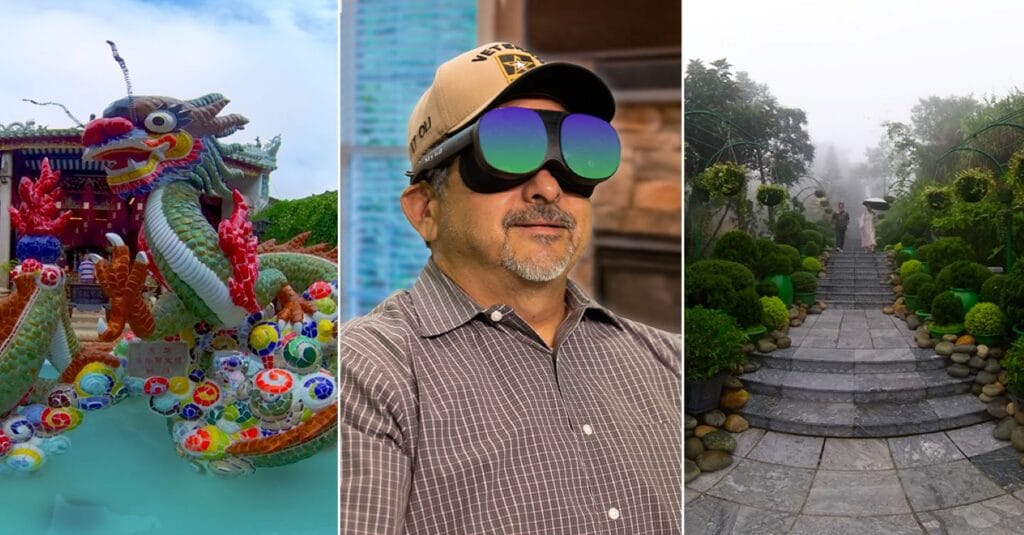
A new program will give Vietnam War veterans a chance to return to that Asian country. Except unlike their potentially traumatic battlefront experiences, this virtual opportunity is designed to showcase The Land of Blue Dragons in a way that promotes healing, treatment and possibly even closure.
The average age of a Vietnam veteran is now 68 years old, based on a report from the US Department of Veterans Affairs, making them the largest cohort of senior-aged veterans in the country.
The rate of post-traumatic stress disorder among Vietnam veterans is 10%, according to the VA, although the agency noted that the actual figure may be much higher, based on previous data and the fact that many veterans with PTSD already may have died before studies were conducted.
In addition to the unique physical and cognitive conditions veterans face, the VA has estimated that up to 80% of the growing population of older veterans will need long-term care, as McKnight’s previously has reported.
The new “Virtual Vietnam” initiative is a partnership between the VA and Mynd Immersive, a VR and VR-therapy program developer. The companies announced the project earlier this month.
Its own channel
The demand for VR among veterans has been “huge” over the past few years, according to Mynd Immersive CEO Chris Brickler, who told the McKnight’s Tech Daily that the company has developed an entire veterans’ channel of VR content.
The “Virtual Vietnam” concept is based on the principles of exposure therapy and the idea that taking veterans back to Vietnam settings, even places they’ve been, could counteract upsetting memories.
“We want to recontextualize their time in Vietnam,” Brickler told McKnight’s. “Many of these veterans put their lives in danger 50 years ago. We want to showcase the modern vibrance and beauty of Vietnam, one of the most beautiful countries in the world.”
With the VR, veterans can do things such as a meditation session on a beach near Hanoi, or visit popular tourist spots such as Ha Long Bay, Brickler noted. Veterans also can take a “virtual honor flight,” where they get a positive reception upon “returning” home, unlike what many veterans experienced during the Vietnam years.
Brickler emphasized that none of the VR programming will simulate wartime activities at all, and veterans “would not be taken back to a machine gun boat in the river” a la “Apocalypse Now.”
The Virtual Vietnam initiative will be a three-year collaborative project with the VA, Brickler said, and it is intended to determine what kind of immersive content generates the most beneficial and therapeutic results for veterans.
“We will find that secret sauce,” Brickler said about perfecting VR therapy approaches for veterans. “We’re doing focus groups with veterans now. If there is a segment of the population that has earned this tech, it is veterans. They protect and create our world. Now they’re aging and we cannot forget their [service and sacrifice].”


